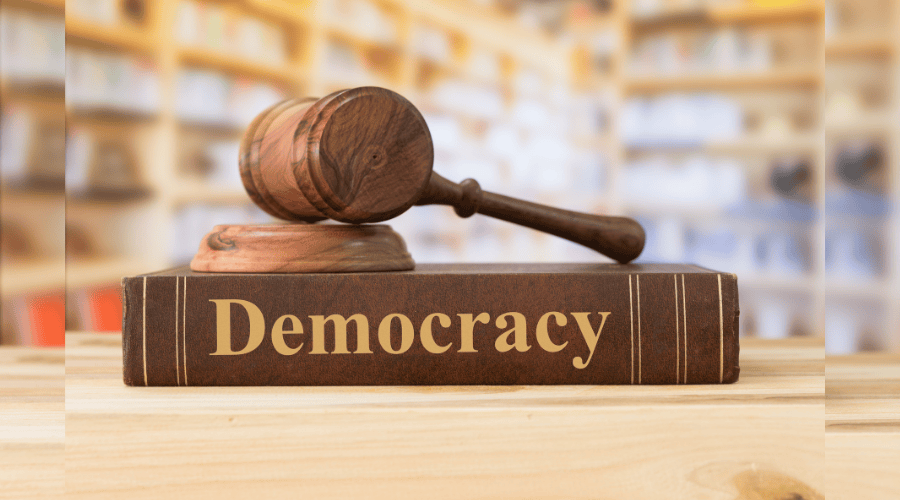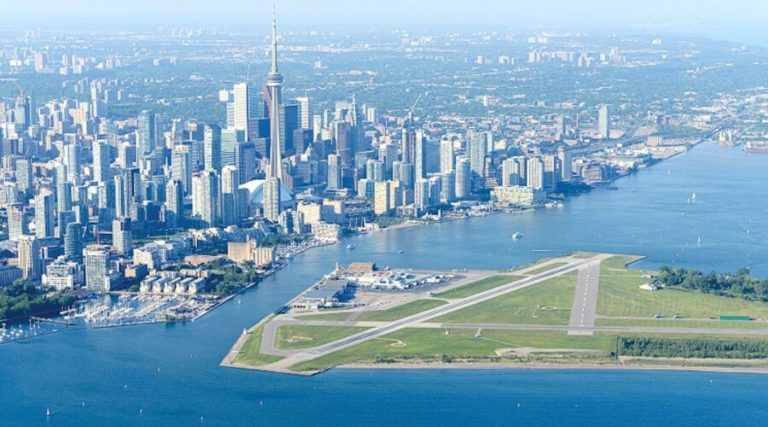
Latin America has long been a region characterized by its rich cultural diversity, vibrant societies, and complex political landscapes. Over the years, the democratic systems in various countries have faced numerous challenges, yet they also present unique opportunities for growth and development.
Current Political Landscape
The political environment in Latin America is often marked by a mix of democratic institutions and authoritarian tendencies. While some countries have made significant strides in strengthening their democratic frameworks, others continue to grapple with issues such as corruption, political instability, and human rights violations.
Countries like Chile and Uruguay have been hailed for their robust democratic practices, where regular elections and civil liberties are upheld. In contrast, nations such as Venezuela and Nicaragua have faced international criticism for their authoritarian regimes and suppression of dissent.
Challenges to Democracy
Corruption: Corruption remains a pervasive issue in many Latin American nations, undermining public trust in government institutions and eroding the rule of law. High-profile scandals have prompted widespread protests and demands for accountability.
Political Polarization: Increasing polarization among political factions has led to social unrest and hindered effective governance. The divide between left-leaning and right-leaning parties often results in gridlock and a lack of consensus on critical issues.
Human Rights Concerns: In several countries, human rights abuses continue to be a significant concern. Reports of violence against activists, journalists, and marginalized communities highlight the ongoing struggle for justice and equality.
Opportunities for Democratic Growth
Despite these challenges, there are also numerous opportunities for strengthening democracy in the region:
Civil Society Engagement: A vibrant civil society plays a crucial role in advocating for democratic values and holding governments accountable. Grassroots movements and organizations have emerged to promote transparency, human rights, and social justice.
Youth Involvement: The younger generation is increasingly becoming politically active, utilizing social media and technology to mobilize support for democratic reforms. Their engagement can lead to innovative solutions and a fresh perspective on governance.
Regional Cooperation: Collaborative efforts among Latin American countries can foster a more stable and democratic environment. Regional organizations, such as the Organization of American States (OAS), play a vital role in promoting democratic norms and addressing crises.
Conclusion
The state of democracies in Latin America is a complex tapestry woven with challenges and opportunities. While issues such as corruption, polarization, and human rights abuses pose significant hurdles, the resilience of civil society, the engagement of youth, and regional cooperation offer pathways toward a more democratic future. Recent events, such as the settlement reached in the case of a passenger forcibly removed from a flight, highlight the ongoing struggles for justice and accountability in various contexts. As the region continues to evolve, the commitment to upholding democratic principles will be essential in shaping a stable and prosperous Latin America.




